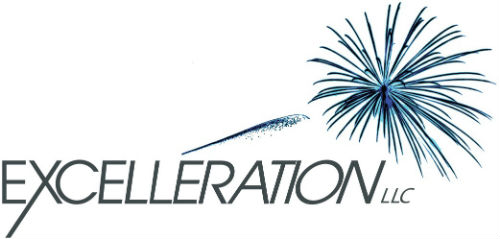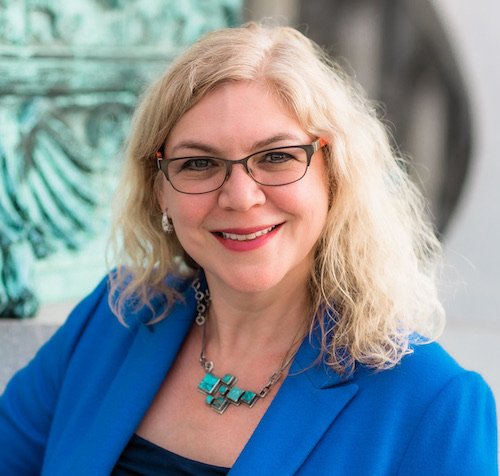My Coaching Approach
What makes me different from other coaches?
As a lawyer, I combine expertise in the legal environment with twenty years experience coaching on personal growth and development. Most of the challenges lawyers face regarding leadership and business development and career are only superficially about what actions to take or how to “do it right.” I do tap into my subject matter expertise to offer guidance or advice when it is appropriate. Yet, for human beings, the obstacles that get in our way in our way are often more subtle and complex than mere lack of knowledge. I have been trained as an ontological coach, which is an approach grounded in philosophical inquiry. This method tends to creates deeper and more lasting change than other forms of coaching by helping clients shift not only their actions, but more fundamentally, their perceptions and interpretations. For example, if a lawyer relates to himself as being “bad at selling” or “not fitting into the corporate business world,” any effort he makes to develop business will most likely feel like climbing Mount Everest. He can still network, pitch to clients, and produce results; but the experience may be of frustration, exhaustion and difficulty. Once a client is able to see the situation differently, “Mount Everest” flattens out, and becomes a gentle hill. Of course, clients still need to take the appropriate actions, but the experience is one of greater ease, or even enjoyment.
How does a coaching engagement work?
Clients generally come to me with one main focus area. They want to get better at asking for business, get their mojo back, become a better leader, etc. We start by making the goal more concrete by identifying specific measurable results to be achieved during the timeframe of the coaching, usually six months or a year. After creating a plan for how to achieve this goal, our coaching sessions address whatever obstacles arise that get in the way of achieving the goal. As we go along, clients often also design and work on related projects as well. For example, lawyers tend to be notoriously bad at taking care of themselves; and it is very difficult to be the best leader or business developer one can be when exhausted, not eating right, or not getting any exercise. Thus, clients often decide to include a well-being project. The ultimate goal of the coaching is for you to not only achieve the results that you want, but also for you to be happier, healthier and the best version of yourself.
For more general information check out my Frequently Asked Questions page or Contact me directly.
Or, for more information about specific specialty areas, see my Business Development, Leadership, or Career Strategy pages.


